Why It’s Important to Think About Your Career in High School?
The sooner you begin making plans for your future career-wise, the better off you’ll be.
Considering how competitive the job market has become, it’s never too early to start to think about your career.
“What are you going to do when you grow up?” is a common question, even for elementary school children, but today, high school students are reportedly planning ahead and seeking internships to help them get into college and land job opportunities down the road.
Millennial Branding, a Gen Y research and consulting firm, and Internships.com, the world’s largest internship marketplace, announced a new study, “High School Careers,” which surveyed 4,769 students (172 high school students and 4,597 college students) and 326 employers from across the country. The study found high school students are actually more entrepreneurial than college students. Many high school students surveyed were interested in internships to get new skills, work experience and to network.
The sponsors of the study, Dan Schawbel, founder of Millennial Branding and author of “Promote Yourself,” and Robin Richards, CEO of Internships.com, suggest the following reasons why it’s important for you to start to think about your future career while you’re still in high school:
- You’ll grow your network early. If you’re thinking about your career, you’ll make a point to start to network. Schawbel notes: “By going to school-sponsored events, local meetups and connecting with your teachers, you can grow a powerful network that will support you in college admissions and beyond. Very few high school students take the time to meet professional contacts, leverage them to create opportunities and then keep in touch with them when they graduate.” There’s no question that having a professional network is useful for career success. High school students who focus on their career early are more likely to be motivated to focus on their personal brand. LinkedIn encourages teenagers to create profiles on their professional network, and young people who are interested in their future are more likely to take advantage of this and other online and in-person tools to expand their network.
- You’ll be more competitive for college applications. If you’re applying to colleges, your part-time job or internship experience can build a case for you as a strong applicant. “Because many students apply to college after high school without having completed an internship, your experience over the summer can help you stand out from the crowd of students,” Richards explains. “The admissions committee will be able to see that you are motivated, inquisitive and serious about success from the fact that you used your break to work and gain professional experience.”
- You’ll have a head start figuring out what you want to do after high school. When you gain work experience, it will be easier to rule out the majors you won’t be interested in if you go to college, so you don’t make any career mistakes. Or, you may learn that you want to pursue a career that doesn’t require a college degree, and you can save a lot of money, time and effort. “The sooner you understand what you do and don’t want to do for a career, the easier it will be to make the right career decisions,” Schawbel says. “In high school there’s no pressure to pick a major or a career, so it’s the best time to experiment.”
- You’ll learn a lot. Just applying for internships is a great learning experience. Richards explains: “Going through the internship application process and completing a summer internships program offers valuable decision-making lessons which can come in handy when applying to colleges and future summer internships.” She adds: “In addition to learning important skills that will make you a very valuable employee, a summer job or internship in high school can help you gain confidence and a better understanding of ‘the real world.'”

